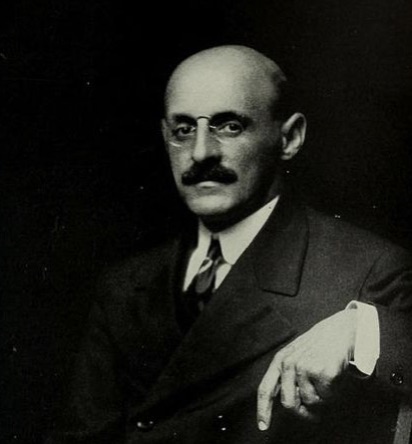
Abraham Flexner was born on November 13, 1866, in Louisville, Kentucky, USA. He was the sixth of nine children in the Flexner family, and attended public schools in Louisville and later studied at Johns Hopkins University.
Flexner initially worked as a teacher and a principal in Louisville before moving on to other educational roles. He worked at the University of Chicago, where he was exposed to the ideas of philosopher John Dewey, and this experience had a profound impact on his educational philosophy.
Abraham Flexner is perhaps best known for his 1910 report titled “Medical Education in the United States and Canada,” commonly known as the Flexner Report. Commissioned by the Carnegie Foundation for the Advancement of Teaching, it was critically evaluated in medical schools in North America. It emphasized the importance of scientific rigor, laboratory training, and a strong clinical component in medical education.
The Flexner Report led to significant changes in medical education. Many medical schools that did not meet the standards outlined in the report were either closed or underwent substantial reforms. The report played a crucial role in standardizing medical education and elevating the quality of training for physicians.
Following the success of the Flexner Report, Abraham Flexner continued to work in the field of education. He served as the first director of the Institute for Advanced Study in Princeton, New Jersey, from 1930 to 1939. During his tenure, he worked tirelessly to recruit scholars like Albert Einstein and J. Robert Oppenheimer.
Flexner’s impact on medical education is still recognized today. His emphasis on scientific foundations and clinical training has become integral to modern medical education. However, it’s worth noting that his approach has also been criticized for contributing to the high cost of medical education and limiting diversity in the medical profession.
Abraham Flexner passed away on September 21, 1959, in Falls Church, Virginia. Articulating the rationale for institutes of higher education, Flexner stated, “A poem, a symphony, a painting, a mathematical truth, a new scientific fact, all bear in themselves all the justification that universities, colleges, and institutes of research need or require..”
